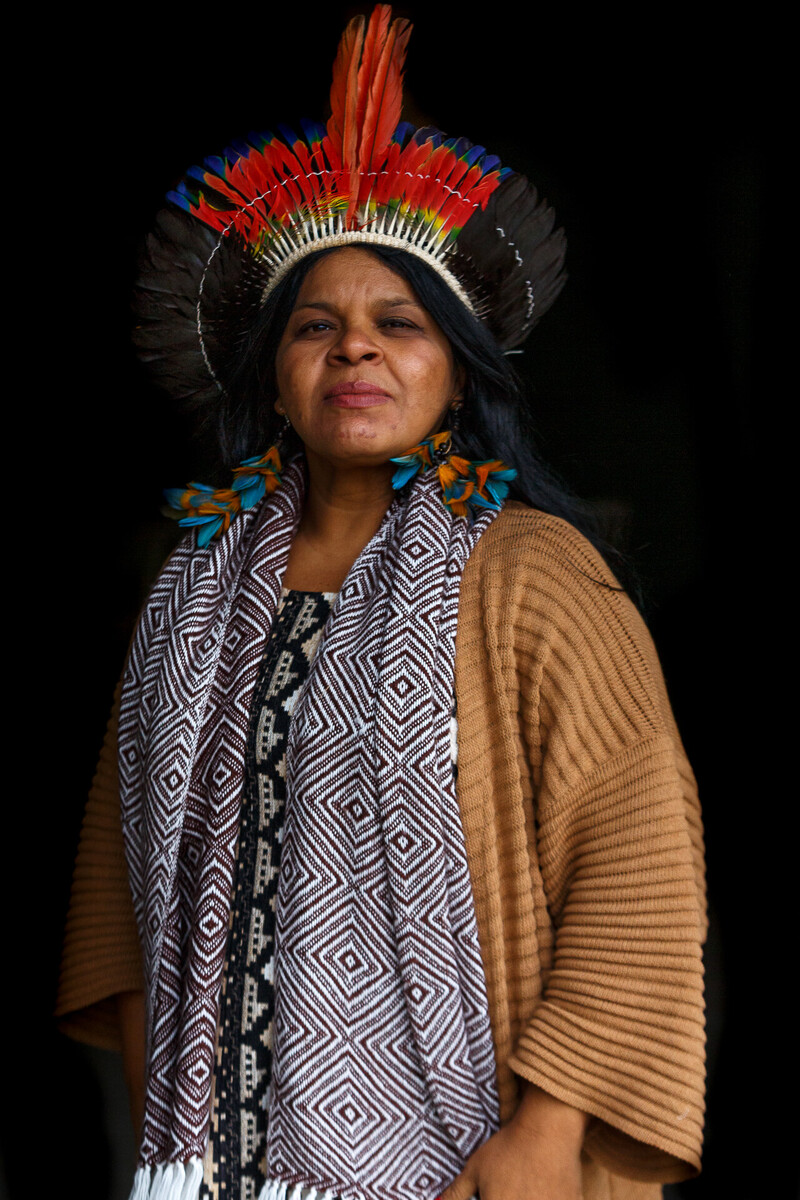
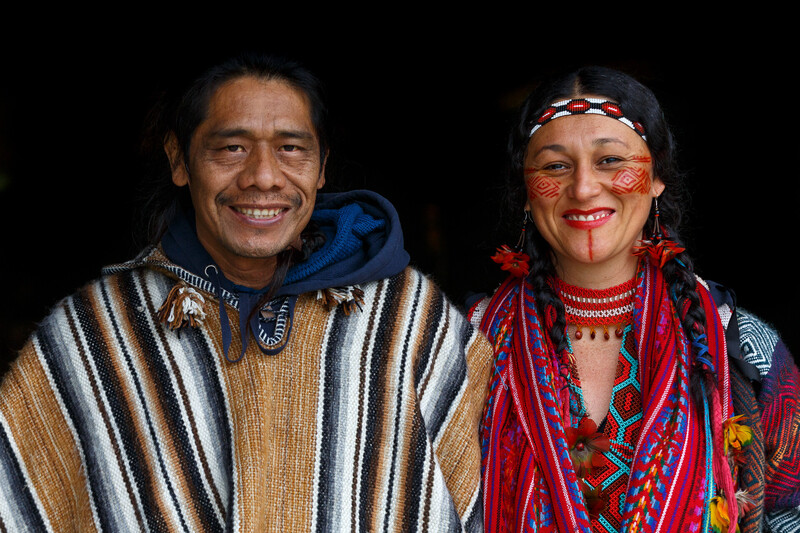

The Festival
Inspired by festivals within indigenous villages, FIUP aims to provide a space for the exchange of knowledge among different ethnicities, focusing on the appreciation of tradition and unity among indigenous peoples.
It is an annual festival that unfolds over four days, including activities such as discussions, body painting, cultural presentations, film and documentary showcases, performances by indigenous artists, ceremonies with natural medicines, traditional gastronomy, exhibition and sale of indigenous art, among other initiatives that promote visibility for indigenous social and cultural causes. Additionally, it fosters collaboration with non-indigenous thinkers, scientists, anthropologists, artists, activists, and participants in general.
With indigenous peoples as the producers of the event, the perspective is centered on the culture, spirituality, philosophy, and political structure of the involved ethnicities. Thus, it reaffirms the importance of promoting tradition, education, culture, food security, health, science, and ancestral knowledge.
Who We Are
We are the Rûnûã Nítí Institute, formed by Xinã Yurá Yawanawá, Érica Rosendo, Mariana Ribeiro and Rafael Octaviano. Adding to the team, Nicole Allgranti serves as curator, producer, indigenous advocate, and documentarian and Caroline Apple as Jornalist, Writer and Press Officer.
Rûnûã Nítí Institute engages in various actions across different territories in Brazil that value indigenous cultures, forming a network of alliances with the purpose of strengthening sustainability and agroforestry. The institute primarily works towards the expansion and valorization of indigenous traditions and ancestral practices cultivated in the heart of our forests.
Our network operates within the 5 main pillars proposed for sustainability. Through various initiatives, FIUP is committed to the sustainable development goals of the global 2030 agenda.
With the participation of experts and leaders from indigenous communities, the festival will encourage reflections on the importance of environmental preservation and respect for nature.
FIUP is not just an event — it is a movement to transform the way we care for the planet. Through concrete actions and an environmental vision, we promote a future in harmony with the Earth.
Contact us to participate in IPUF and connect with the culture and spirituality of indigenous peoples.
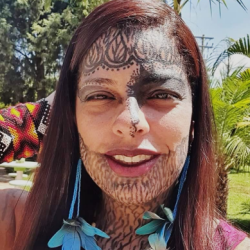
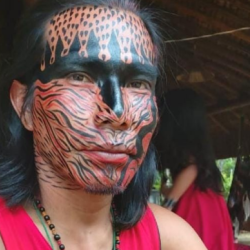
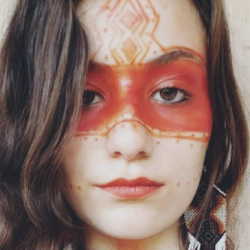
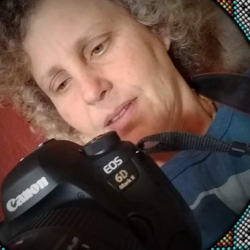
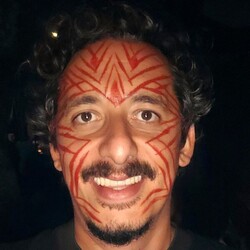

Indigenous advocate, founder, and coordinator of FIUP. Works on developing and supporting social actions and projects with forest peoples. Through contact with various ethnicities, organizes meetings, exchanges, and cultural experiences, strengthening and creating bonds that promote traditions, forming a large network of alliances.

Producer of FIUP, lives in the Mutum village on the Gregório River in Acre. A natural student of sacred medicines, he is an artist, musician, and artisan. A disciple of the traditions of his people, he founded the Runüã Nítí Institute and travels across Brazil in cultural gatherings that bring the roots of his traditional study.

Executive producer of FIUP. Student of indigenous roots, herbalist, nursing undergraduate. Coordinates and supports actions and projects in indigenous communities, and for about 5 years, has delved into and lived alongside various forest cultures.

Curator of FIUP. She is a co-producer, documentarian, bachelor in cinema, with a postgraduate degree in Afro-Brazilian and Indigenous ethnic relations. She has been working in Acre since the 90s, where she lived continuously for 10 years, continuing to this day with environmental, musical, and audiovisual projects with indigenous peoples.

Executive producer at FIUP. Student and guardian of indigenous traditions, he works to support social actions and projects with native peoples.